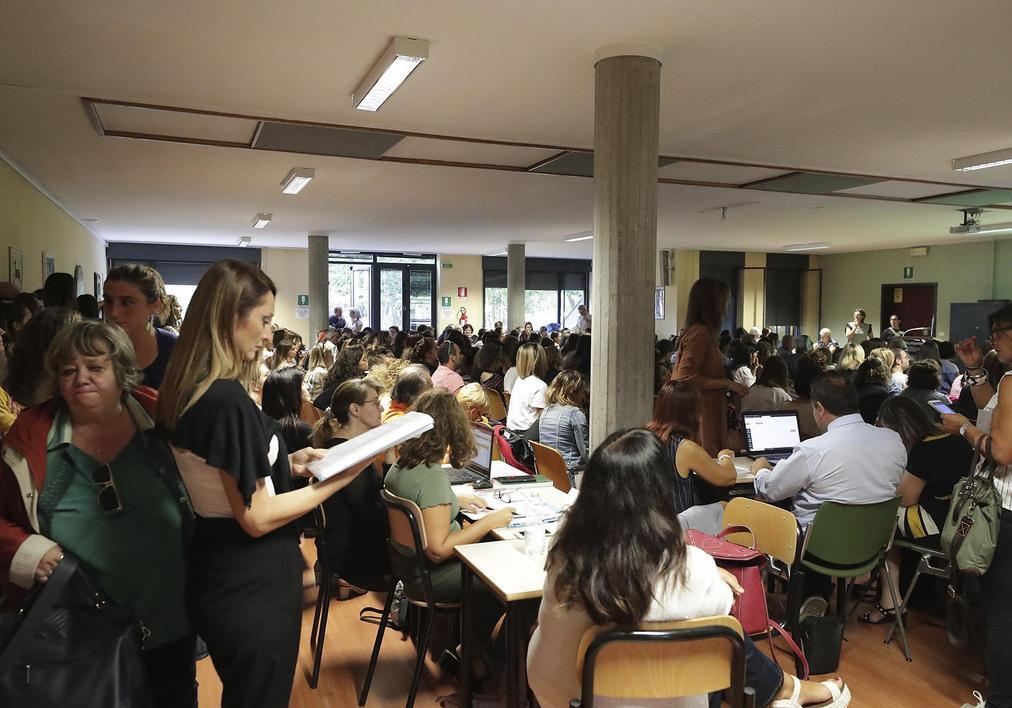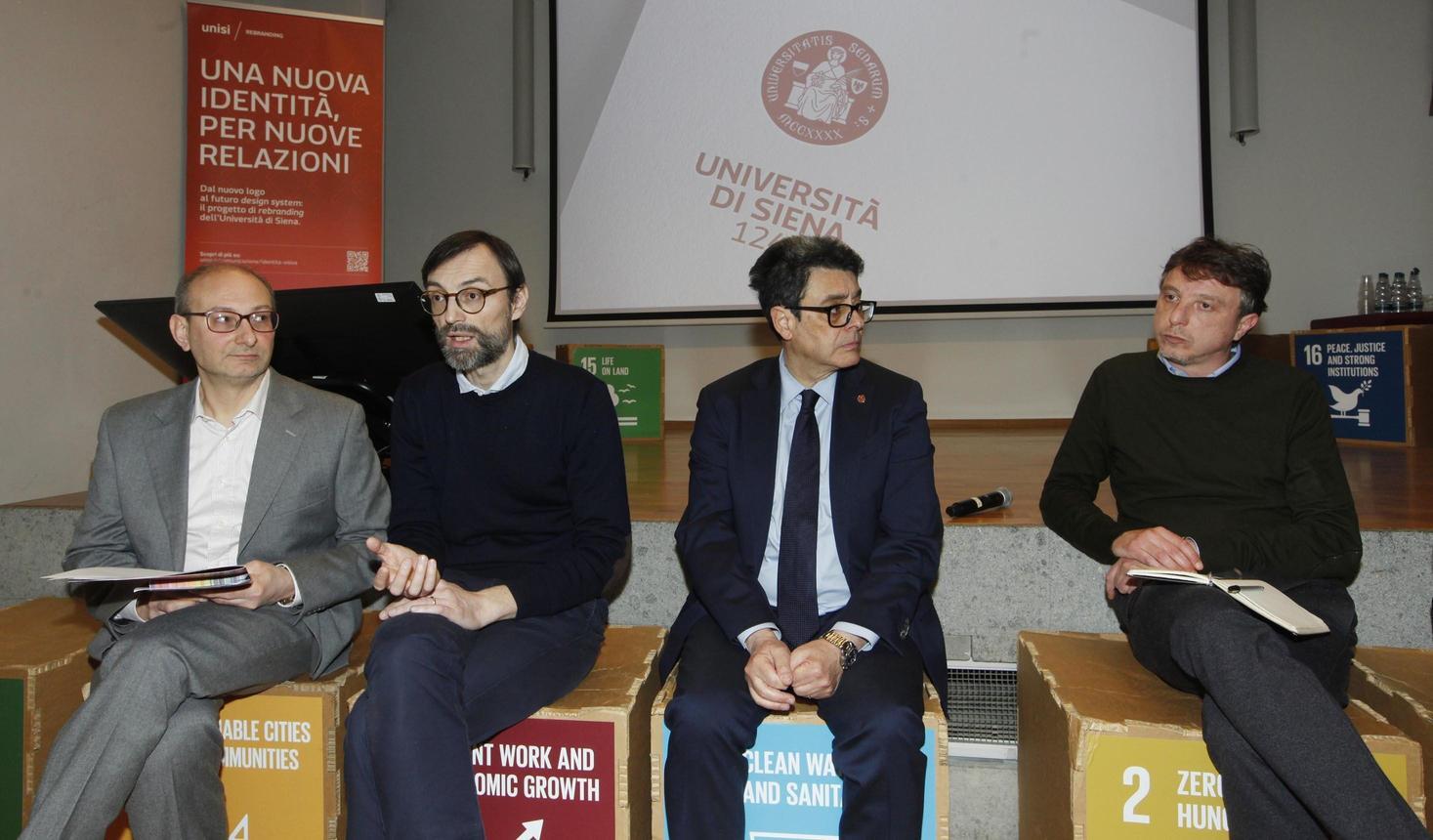Rivista di Diritto del Risparmio
Il ne bis in idem nel nuovo sistema sanzionatorio tributario[*]
di Francesco GUARINIELLO [**]
Following the entry into force of Legislative Decree No. 87 of June 14, 2024, “Revision of the Tax Sanctions System, pursuant to Article 20 of Law No. 111 of August 9, 2023,” within the broader reform framework of tax law, the legislator has adopted a set of provisions aimed at aligning the discipline of Legislative Decree No. 74 of March 10, 2000, with the principle of ne bis in idem, thereby responding to the numerous indications from supranational case law and the repeated calls of our Constitutional Court.
The respect for the “ne bis in idem” principle, however, is a matter of particular significance and unfolds in multiple dimensions, establishing itself as an “arché” of legal civilization, synthesizing fundamental principles that operate transversally across various legal domains. It is no coincidence that the debate developed in case law and legal doctrine extends beyond the confines of substantive and procedural criminal law, highlighting with renewed impetus the issue of the compatibility of the “bis in idem” prohibition with legislative frameworks that challenge its applicability through a dual sets of proceedings and sanctioning system.
This study, therefore, develops by broadly outlining the hermeneutic coordinates established by living law regarding the applicability of the “ne bis in idem” principle within a regulatory framework in which the legal system’s response to the commission of an act “contra legem” may be expressed, against the same individual for the same conduct, through multiple and cumulative measures alternative to imprisonment. The potentially distortive effects of such measures, in terms of legal certainty—if not outright violations of fundamental individual rights—have, for over a decade, been at the center of attention of European courts.
It is precisely the rulings of the ECHR and the Court of Justice of the European Union, in tax matters, together with those of our Constitutional Court, that have significantly contributed to prompting the legislature to undertake the reform initiative whose specific provisions are the subject of this analysis.
_________________________________
Rivista di Diritto del Risparmio
Aprile – Fascicolo 1/2025
Abstract.
A seguito dell’entrata in vigore del d.lgs. 14/06/2024 n. 87 “ Revisione del sistema sanzionatorio tributario, ai sensi dell’articolo 20 della legge 9 agosto 2023, n. 111”, nel più ampio disegno riformatore della disciplina tributaria tout court intesa, il legislatore ha adottato un corredo normativo volto ad adeguare la disciplina del decreto legislativo n. 74 del 10/03/2000, al principio del ne bis in idem, andando incontro, così, alle molteplici indicazioni giunte dalle pronunce della giurisprudenza sovranazionale e ai reiterati richiami della nostra Corte costituzionale.
Il rispetto del principio del ne bis in idem, tuttavia, è tema di particolare rilevanza e si sviluppa in molteplici articolazioni, configurandosi come “archè” di civiltà giuridica, in cui sono sintetizzati altrettanto principi posti a suo fondamento, che trasversalmente operano in plurimi ambiti giuridici. Non è un caso, infatti, che il confronto sviluppatosi in giurisprudenza e dottrina coinvolge aree del diritto non esclusivamente circoscritti al diritto penale sostanziale o processuale, in cui emerge con rivitalizzata spinta propulsiva il tema della compatibilità del divieto di bis in idem con discipline legislative che ne mettono in discussione l’operatività, attraverso un sistema processuale e sanzionatorio duale.
Il presente studio si sviluppa, dunque, tracciando a grandi linee le coordinate ermeneutiche delineate dal diritto vivente, riguardo all’operatività del principio del ne bis in idem, all’interno di un contesto normativo, in cui la reazione dell’ordinamento al compimento di un fatto contra legem può esplicarsi, nei confronti dello stesso soggetto per la stessa condotta, attraverso diverse e cumulative misure alternative alla pena detentiva, i cui effetti distorsivi, in termini di certezza del diritto, se non proprio lesivi dei fondamentali diritti individuali, sono assurti, da oltre un decennio, al centro dell’attenzione delle Corti europee. Sono proprio le decisioni della Corte EDU e Corte di Giustizia UE, in ambito tributario, ad aver fortemente concorso, unitamente alla nostra Corte costituzionale, a stimolare il nostro legislatore a realizzare l’intervento riformatore di cui si intende esaminarne specifiche disposizioni.
________________________
[*] Contributo approvato dai referee.
[**] Avvocato, Cultore della materia di Diritto tributario presso l’Università di Bari e Cultore della materia di Diritto commerciale presso Uniecampus.


















































 Iscriviti alla nostra newsletter settimanale
Iscriviti alla nostra newsletter settimanale


